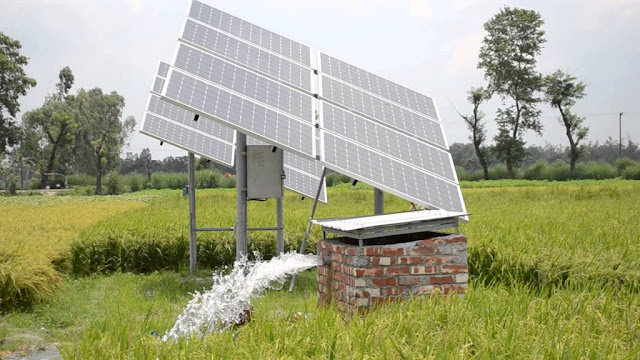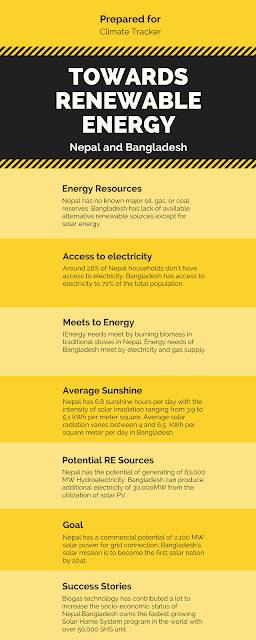Climate Change and Spread of Dengue and Malaria in Asia

Climate change creates new uncertainties for human exposure to vector-borne diseases , and this is especially true for dengue fever and malaria. The changing weather patterns affect the development and dynamics of the disease vectors and the pathogens they carry. The range of Aedes mosquitos is changing, with dengue fever and the chikungunya virus emerging in areas where they were previously unknown. There is evidence that the geographic range of ticks and mosquitoes that carry disease has changed in response to climate change. As temperatures warm, mosquitoes and other warm-weather vectors can move into higher altitudes and new regions farther from the equator. Increased rainfall, flooding, and humidity creates more viable areas for vector breeding and allows breeding to occur more quickly, as eggs hatch faster in hotter climates. According to data from the World Health Organization , deaths related to vector-borne diseases such as malaria and dengue may also increase.



